When a Hindu devotee went to Karbala
Despite the difference of faith, Shankar is a staunch follower of the grandson of Prophet Muhammad (pbuh)
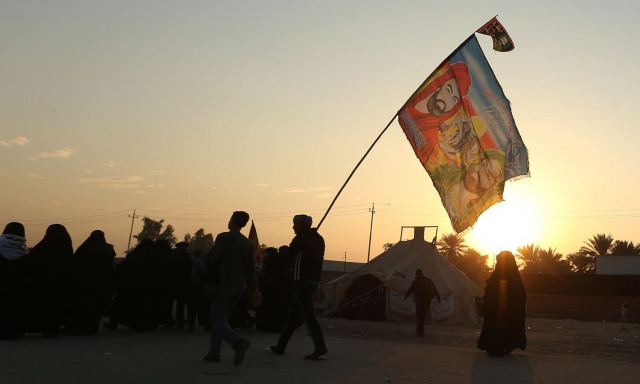
Pilgrims march to Karbala during the Arbaeen ritual in Baghdad. PHOTO: AFP
Despite the difference of faith, Shankar is a staunch follower of the grandson of Prophet Muhammad (pbuh).
Interestingly, he is among the few non-Muslims in Pakistan who address mourning gatherings during the holy month of Muharram.
Shankar calls himself a part time ‘Zakir’. “Though I am a Hindu, my beliefs also make me an Ahl-e-Tashi (a Shia school of thought).
For years, the 65-year-old Hindu addresses Majalis in different cities of Punjab and Sindh provinces, reading Rubaye of Mirza Dabeer, Mir Anees and Devi Roop Kumari during the majalis in Muharram.
This year, however, he took on a journey to historic Karbala, where the fateful incident that led to the martyrdom of Imam Hussain (ra) took place.
Sindh’s Hindus say Karbala message is universal
Shankar is currently on a pilgrimage in Iraq, a country full of religiously-significant sites for Shia Muslims around the world.
Shankar started his journey from a small town of Chachro in Tharparkar to Karbala, the resting place of Imam Hussain (ra).
“Now, I have finally become a ‘Zawar’ (one who performs pilgrimage) with the blessing of Imam Hussain (ra),” the 65-year-old proudly told The Express Tribune over the phone from Karbala.
“I am an Azadar-e-Hussain (mourner of Imam Hussain (ra)),” he quickly adds in the same breath.
It took him seven hours to reach Karachi by road from where he took a direct flight to Najaf on November 1 with a group of 15 Muslim devotees. From Najaf, they went to Karbala on foot.
“It took us three days and nights to cover a distance of 80 kilometers from Najaf to Karbala by walking,” he said, adding the group finally reached their destination on November 8.
Walking from one Iraqi city to the other – Najaf to Karbala – during Chehlum (called Arabin in Iraq) is a tradition followed by the pilgrims for centuries.
Hindus fleeing Myanmar violence hope for shelter in Modi's India
“It was a strenuous journey that was taken up by millions of people along us and was worth it during which we realized what Bibi Zainab (ra) would have gone through after the fateful incident of Karbala,” he added.
Shankar, who recently retired from a government job, did his graduation in Muslim History in 2000. He says his obsession with the family of the Prophet (pbuh) drove him to pursue the subject.
Warm reception
On the way between Najaf and Karbala, the devotees were warmly welcomed.
“Locals here welcomed us wholeheartedly and opened their homes to us during the three-day-long walk. A number of mukubs (makeshift tents) were also set up all the way for the devotees to rest or stay in,” Shankar said.
The Hindu devotee says he was very impressed by the hospitality of Iraqis.
“The local people won our hearts,” he said, reminiscing that everywhere Iraqi people invited the visiting pilgrims to be their guests. “They would offer us everything they had,” he added.
According to Shankar, the martyrdom of Imam Hussain (ra) is a beacon of light for the entire humanity and has a lesson for everyone. “This message is for every generation to be learnt that we should sacrifice everything for right path over wrong one.”
Shankar said he will also take part in the largest mourning gathering of Chehlum by the thousands of Shia Muslims around the globe to be held in Karbala on Friday (today).
After taking part in these annual religious rituals of Shia Muslim in Karbala, the Hindu devotee, Ravi Shankar, will return to Pakistan on November 14 – on the fulfillment of his dream.
“It was one of my dreams to visit the shrines of Imam Hussain and Hazrat Abbas in Karbala, and his other loyal companions like Mukhtar Saqafi and Meesam Tammar in Kufa.”

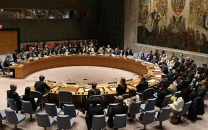
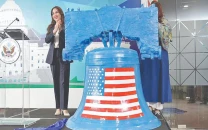
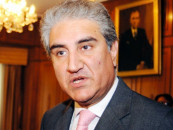
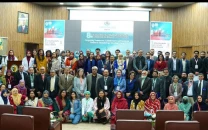














COMMENTS
Comments are moderated and generally will be posted if they are on-topic and not abusive.
For more information, please see our Comments FAQ